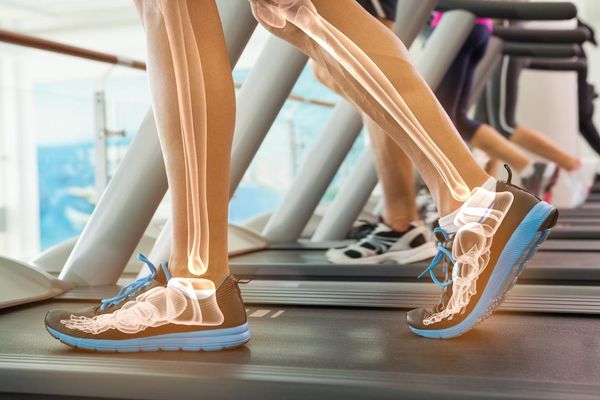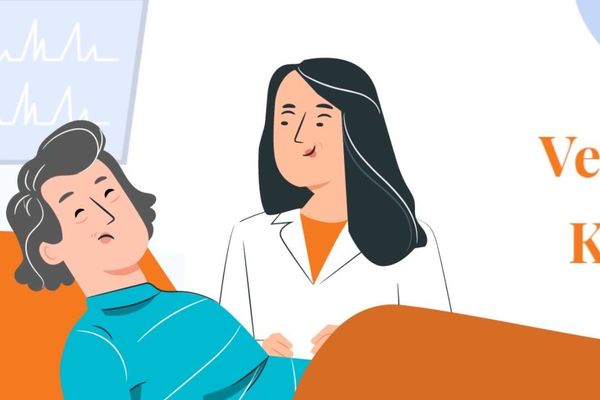Q:
I'm concerned about the osteoporosis medication I'm taking after hearing that it could increase my risk of fracture instead of protecting me. What should I do?
A:
I'm glad you asked this question. It's good to pay attention to news reports on health issues. When health issues are reported, we all can use some help understanding what the news means for us personally.
Recently, a news report focused on a class of medication known as bisphosphonates. Bisphosphonates are used to treat or prevent osteoporosis—a condition that makes bones fragile and more susceptible to fracture. Common brands of bisphosphonates include Fosamax, Actonel, Boniva and Reclast. The report suggested that there is a small possibility of an increased risk of a certain type of thigh fracture in people with osteoporosis who take bisphosphonates for a long time.
The U.S. Food and Drug Administration (FDA) began reviewing data from bisphosphonate manufacturers in 2008 in response to published reports of a possible increased risk. The data reviewed to date have not shown a clear connection between bisphosphonate use and increased thigh factures. An independent panel of medical experts has been convened to continue to gather and review information.
Based on current information, no one is suggesting that you or any other woman should stop taking bisphosphonate medication. For now, we know that the benefits of taking osteoporosis medication outweigh the risks for most women. If you continue to be concerned, please talk to your clinician and review what treatment and prevention options are best for you, with your health history in mind, particularly if you develop new hip or thigh pain.
Also keep in mind that osteoporosis medication is one of several strategies that are important to prevent and/or treat this common condition. Weight-bearing exercise, a diet high in calcium and/or calcium supplements, and vitamin D intake also are important to help keep your bones strong.
- Fast Facts: 10 Facts About Osteoporosis in Women ›
- Osteoporosis and Fractures: What You Should Know ›
- Women and Bone Health Basics ›
- 7 Ways to Prevent Bone Loss ›
- Clinically Speaking: Questions to Ask Your Healthcare Provider (HCP) About Osteoporosis ›
- Osteoporosis Is a Looming Public Health Crisis - HealthyWomen ›







